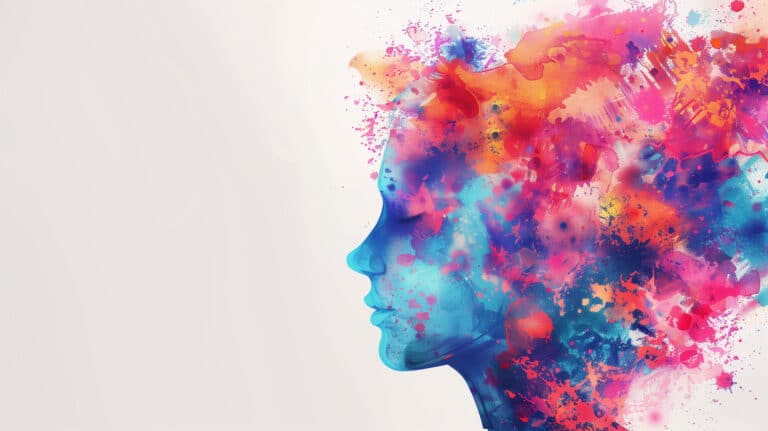These days, everyone is familiar with the concept of bingeing. Any form of excessive consumption is commonly referred to as binging, whether it involves eating more than you meant to, excessive drinking, or even marathon-watching shows on your favorite apps. But when it comes to alcohol and binge eating disorders, things get more serious. Both diseases can have severe, negative consequences on one’s physical and mental health. Anyone suffering from an eating disorder must be cautious around alcohol because of their already complicated relationship with food.
How Does Alcohol Affect Binge Eating?
Binge eating disorder involves engaging in binge episodes at least once a week for three months. During these episodes, individuals consume large amounts of food — often in secret — in a short period, eat until uncomfortably full, feel like they can’t stop, and experience feelings of guilt and shame after binges.
Alcohol can significantly impact binge eating behavior. Studies show that alcohol consumption stimulates eating, and the connection between alcohol use and overeating is a growing medical concern. For many people, consuming alcohol leads to impaired judgment, increased cravings, and a loss of inhibitions and self-control, making them more likely to fall into binge eating episodes. In other words, alcohol triggers binge eating1.
Why Do These Disorders Coexist?
Studies show that eating disorders commonly co-occur with alcohol use disorder and other substance use disorders. Individuals with eating disorders are five times more likely to have a substance use disorder, such as alcoholism. The coexistence of alcohol use and binge eating disorder is not uncommon, but why?
Several factors contribute to the coexistence of these disorders. Genetics and family history can contribute to both alcoholism and eating disorders. Additionally, individuals often turn to alcohol as a way to self-medicate and manage the negative emotions caused by binge eating. They may even use alcohol as a substitute for eating disorder behaviors. Either way, using alcohol to cope creates a vicious cycle. Other contributing factors include the following:
- People with co-occurring eating disorders and alcoholism are more likely to be impulsive.
- Individuals diagnosed with binge eating disorder are more likely to consume large quantities of alcohol in one sitting.
- The severity of alcohol consumption and the negative consequences associated with it are linked to binge eating behaviors.
- Binge drinking and eating episodes tend to occur in situations involving negative emotions and stress.
Dual Diagnosis Treatment for Binge Eating & Alcoholism
Dual diagnosis treatment is essential for individuals struggling with alcohol use and binge eating disorder. Understanding the connection between the diseases and applying an integrative approach that addresses both conditions is most important for treatment. This strategy is crucial to providing effective treatment for individuals with dual diagnoses. By addressing the underlying factors that contribute to both addictions, a team of healthcare providers (which may include a physician, therapist, dietitian, and an addictions specialist) can work together to develop a personalized treatment plan that targets both disorders.
Are There Any Treatments Specifically for Binge Eating Disorder Associated with Alcohol Use?
In addition to dual diagnosis treatment, a person with alcohol use disorder may require medical care and detox before engaging in other therapies. Once an individual is medically stable, they can begin to participate in the following forms of counseling for alcohol and binge eating disorders.
- Psychotherapy, such as cognitive behavioral therapy
- Individual, group, and family therapy sessions
- Peer recovery support
- 12-step recovery program strategies2
At Magnolia Creek, we offer comprehensive treatment and excellent care for individuals suffering from eating disorders and co-occurring substance use disorders. If you are seeking help for binge eating disorder and want to discover the unique benefits of Magnolia Creek, fill out our contact form. Our mission is to support you in your recovery, no matter where you are in your journey.
Resources
-
- Cains, S., Blomeley, C., Kollo, M. et al. (2017). Agrp neuron activity is required for alcohol-induced overeating. Nature Communications 8. https://doi.org/10.1038/ncomms14014
- American Addiction Centers. (2022, October 25). Treating alcoholism & eating disorders. https://alcohol.org/co-occurring-disorder/eating/
Author Bio:
Kate Delaney Chen, BSN, RN-BC, is a healthcare writer and registered nurse with over 17 years of bedside experience. She specializes in Psychiatric Nursing and Nephrology and works at a nationally recognized Inpatient Eating Disorders Program.




